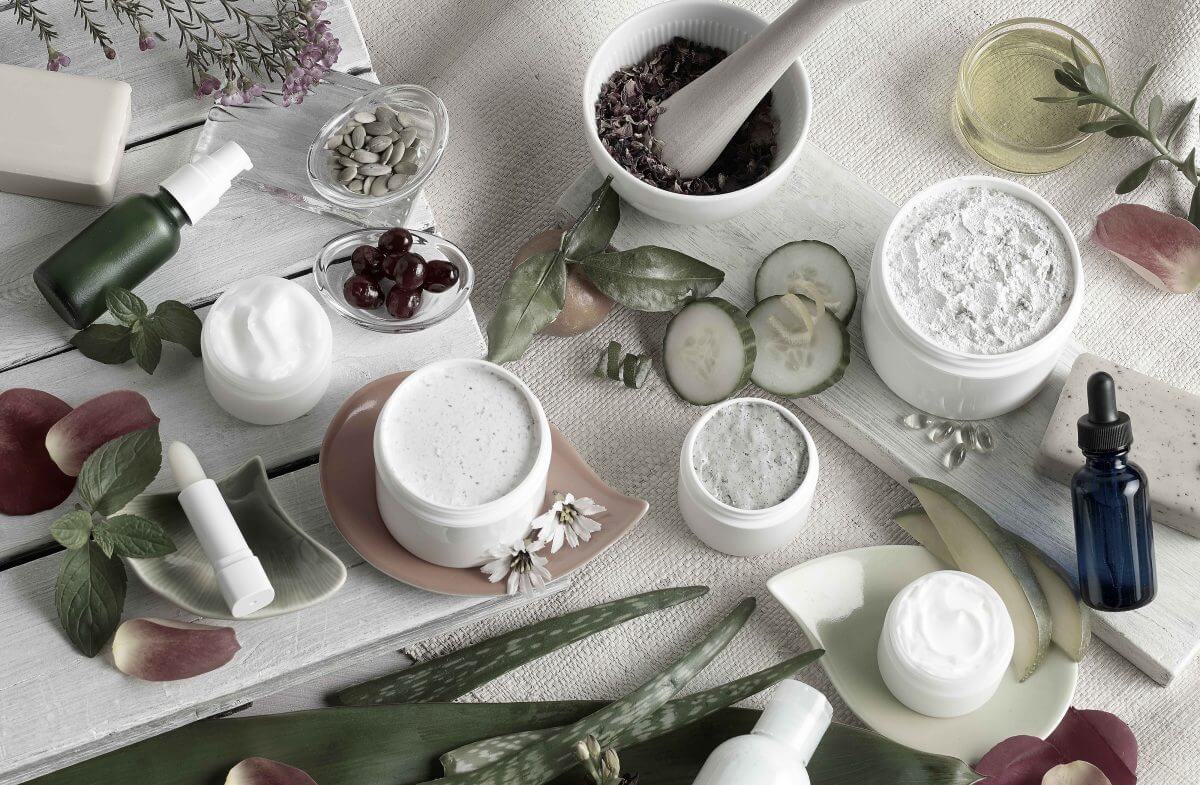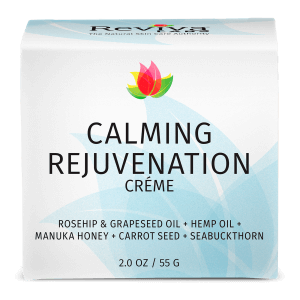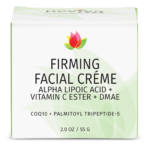Anthemis Nobilis Flower Extract
There are two primary types of Chamomile, the German and the Roman. Both have calming effects, but the German one contains more anti-inflammatory active substances (like chamazulene). The Roman Chamomile’s anti-inflammatory action is due to phenolic compounds and, as per producer information, it also may have some good skin firming properties. Anthemis nobilis flower extract, also referred to as chamomile flower extract, has noteworthy skin calming and anti-aging benefits. Reports of negative reactions to chamomile have been documented among those who are prone to allergies from other plants in the daisy family. If you are allergic to plants in the daisy family, you should refrain from using products that contain chamomile.
Chamomile (American English) or camomile (British English; see spelling differences) (/ˈkæmÉ™maɪl, -miËl/ KAM-É™-myle or KAM-É™-meel) is the common name for several daisy-like plants of the family Asteraceae. Two of the species, Matricaria chamomilla and Chamaemelum nobile, are commonly used to make herbal infusions for beverages. There is insufficient scientific evidence that consuming chamomile in foods or beverages has any beneficial effects on health.











